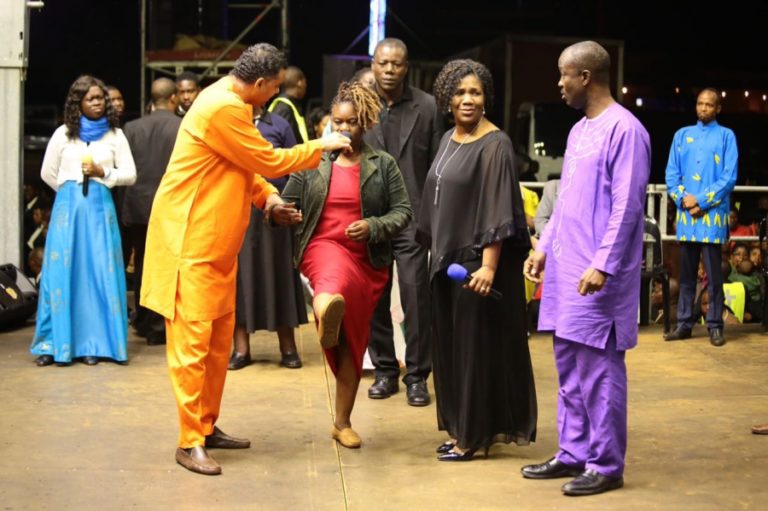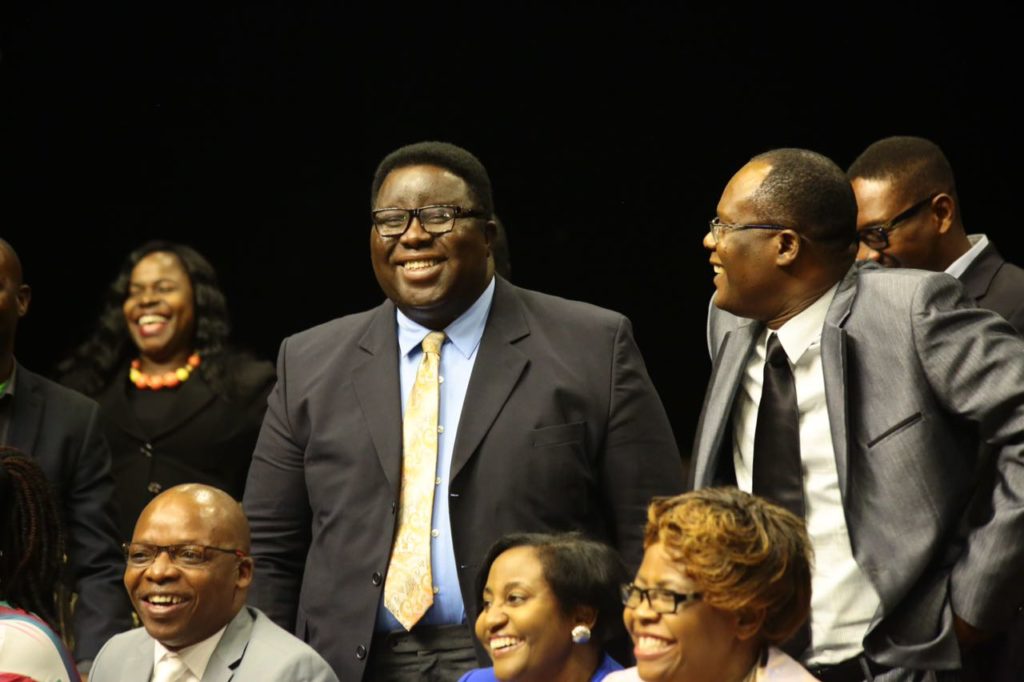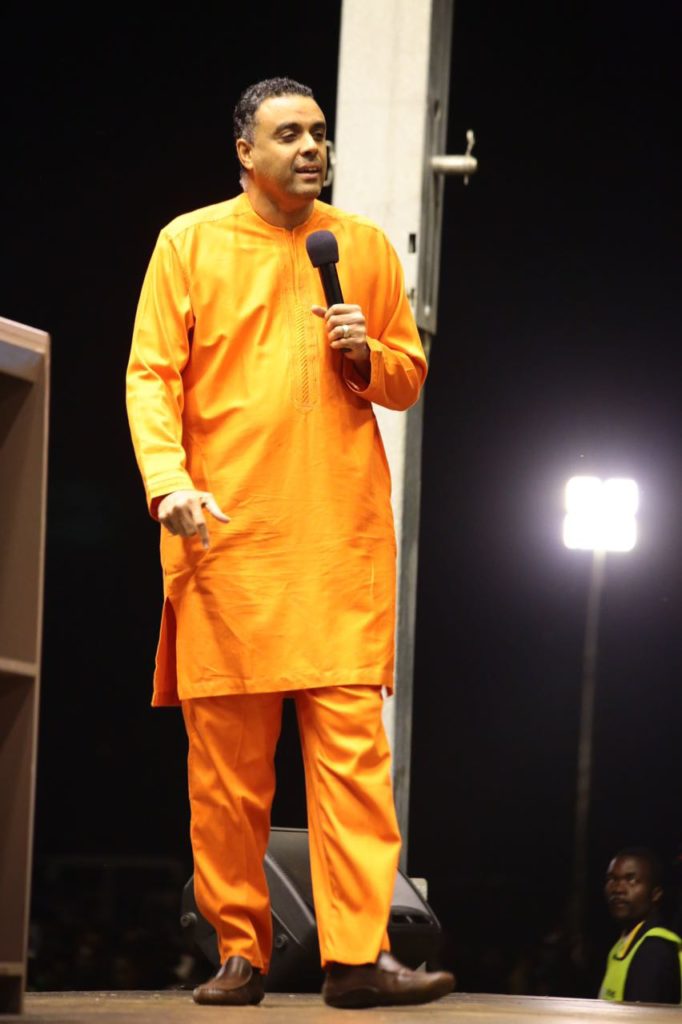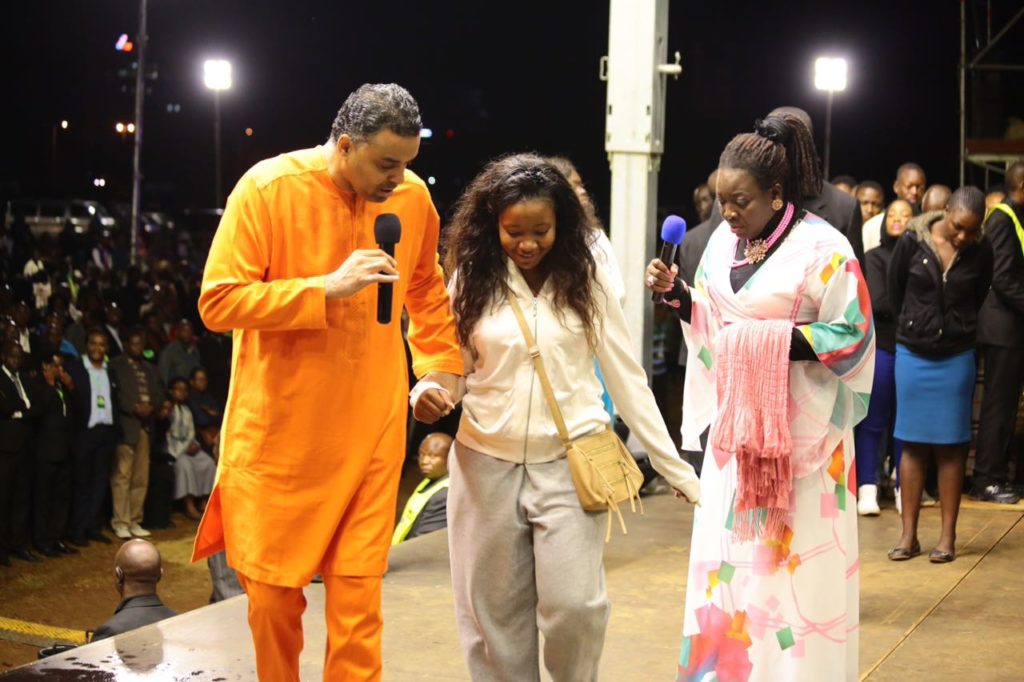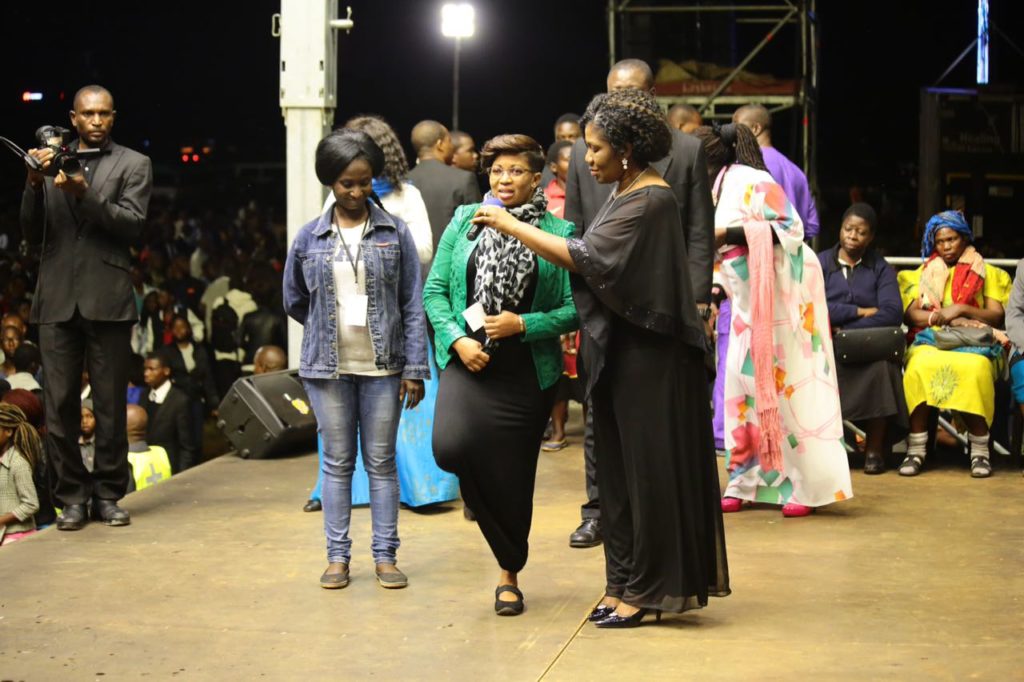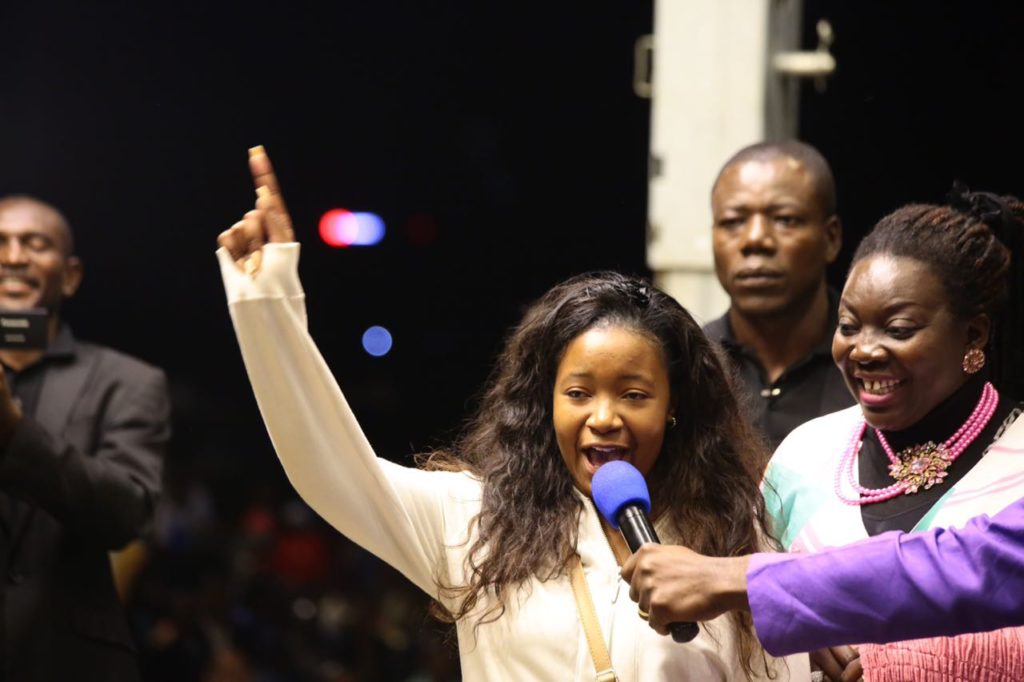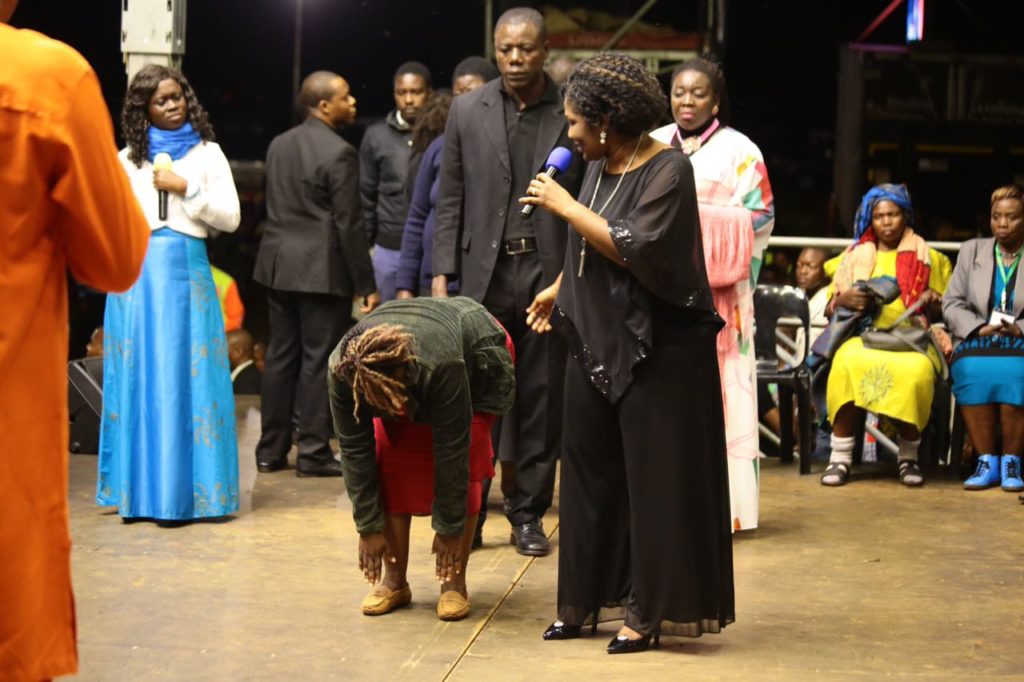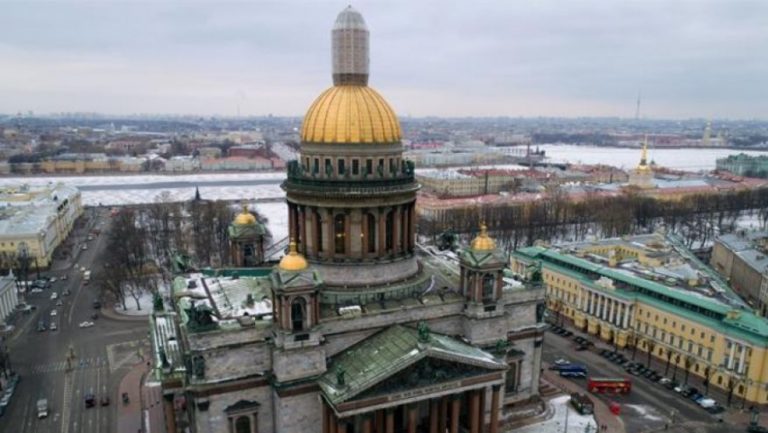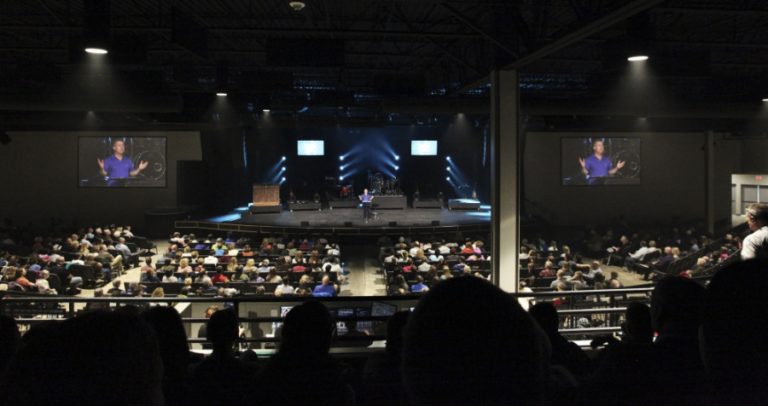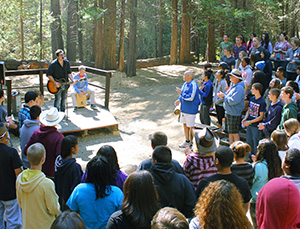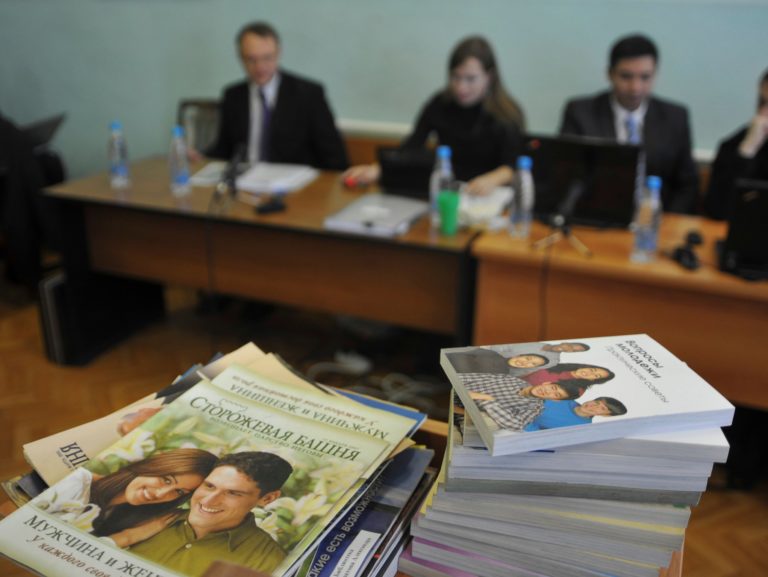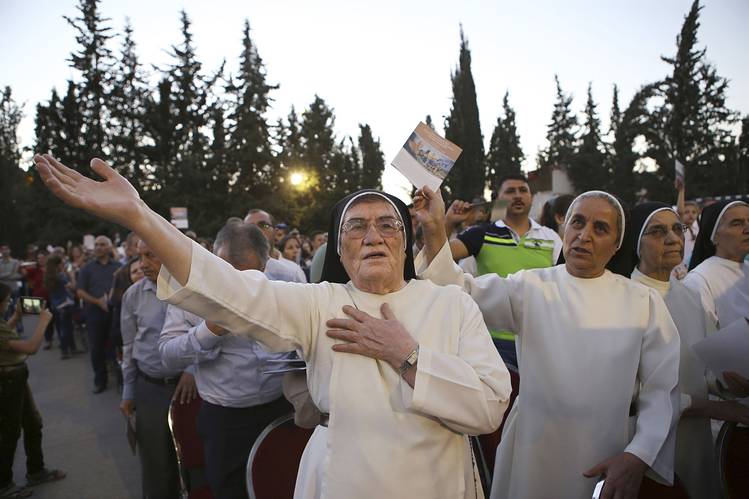I recently reviewed Steve Strang’s upcoming book, God and Donald Trump, and gave him a hearty endorsement for his outstanding work. As a learner, I’m intrigued by the lives of people who pursue the presidency.
Living in the nation’s capital for 24 years and also serving as a cultural commentator, I’ve followed many such individuals. Hillary Clinton has been on my watchlist for decades, and now she’s captured my attention once again.
A recent issue of The Atlantic features an article, “Hillary Wants to Preach” by Emma Green that’s going to “blow many people out of the water” concerning the latest development in Hillary’s life. It has surfaced that this two-time presidential contender now has her sights set on involvement in ministry.
You read that correctly. This is not “fake news!”
Mrs. Bill Clinton would like to fulfill a hidden dream she’s had for years of being involved in some aspects of preaching as well as securing some type of ordination in pastoral ministry. You may recall that she is a professing Methodist and reportedly carries a New Testament in her purse.
No “specifics” have been revealed just yet, but those close to her do not believe she will attend a Bible school or theological seminary at this time.
What Exactly is the Story?
Bill Shillady is a pastor who leads the United Methodist City Society in New York and has served in a pastoral capacity to Hillary for many years. He revealed her aspiration at an event promoting his new book containing the daily devotionals he supplied to Mrs. Clinton during her bid for the presidency. She has written the foreword to this book.
The title of the book is derived from the book of Esther, a woman who demonstrated unusual courage in the Old Testament. She risked her life to rescue the Jews from extermination. She was strong in a critical moment of history for the Jewish people.
Strong for a Moment Like This is the name of Bill’s book. He wrote most of the material, but it also contains contributions from a nucleus of female clergy who banded together under the name of “We Pray with Her” during Clinton’s unsuccessful run for the presidency in 2016.
The Atlantic article cited something you may recall reading a number of years ago. It seems that the former editor of Newsweek, Ken Woodward, mentioned that in 1994, Hillary Clinton shared with him her dream about being a Methodist minister.
You may also recall that during Mrs. Clinton’s concession speech she closed with a passage from the Book of Galatians. “Let us not grow weary in doing good, for in due season we shall reap if we do not give up” (Gal. 6:9).
Should This be Problematic?
The apostolic founder of the Methodist Church is one of my historical heroes, John Wesley. I’ve stood on the exact spot at Aldersgate Street in England where he was converted when his “heart was strangely warmed.” I’ve also had the honor of going to Bristol, where he trained young men for ministry and called them to be faithful in their proclamation of Scripture.
Obviously, this is where scores of authentic Christians and I have problems with the notion of Hillary in the pulpit. While she presents herself as a proponent of social justice, many of her positions do not align with historic Christian doctrine, especially regarding the sanctity of marriage and the sanctity of human life.
—She is a rabid pro-abortionist supporting dismemberment of the unborn child up until the moment of birth. Planned Parenthood, which performs almost 900 abortions daily, hailed her with massive financial support as well as awarded her for unwavering advocacy of their work.
— Hillary is a strong proponent of the LGBTQ agenda in all aspects plus an outspoken advocate for homosexual and lesbian marriage.
—Hillary and her husband continue under a dark cloud of corruption charges for their Clinton Foundation dealings and her email scandal.
—While her husband lied to the American people, was disbarred and impeached by the House of Representatives for the Monica Lewinsky affair, plus was entangled in a series of alleged sexual abuse situations with numerous women, Hillary besmirched the female accusers in a way that millions found unwarranted and disgraceful.
—During her campaign to become the first female president of the United States, she branded half the supporters of her opponent as “Deplorables” which shocked the sensibilities of scores of God-fearing, patriotic Americans.
—And who can forget when she was president of her class at Wellesley College that she did her thesis honoring radical agitator, Saul Alinsky, who devoted his book on Rules for Radicals to Lucifer!
Here’s the Deal
Since Jesus Christ taught that a person is “known by their fruit,” it is wise to be careful and discerning with any new chapter in Hillary Clinton’s life. May we continue to pray for her and her husband while we remain “watchmen on the wall,” hopeful that there may be some redemptive news coming our way from Hillary’s household.


